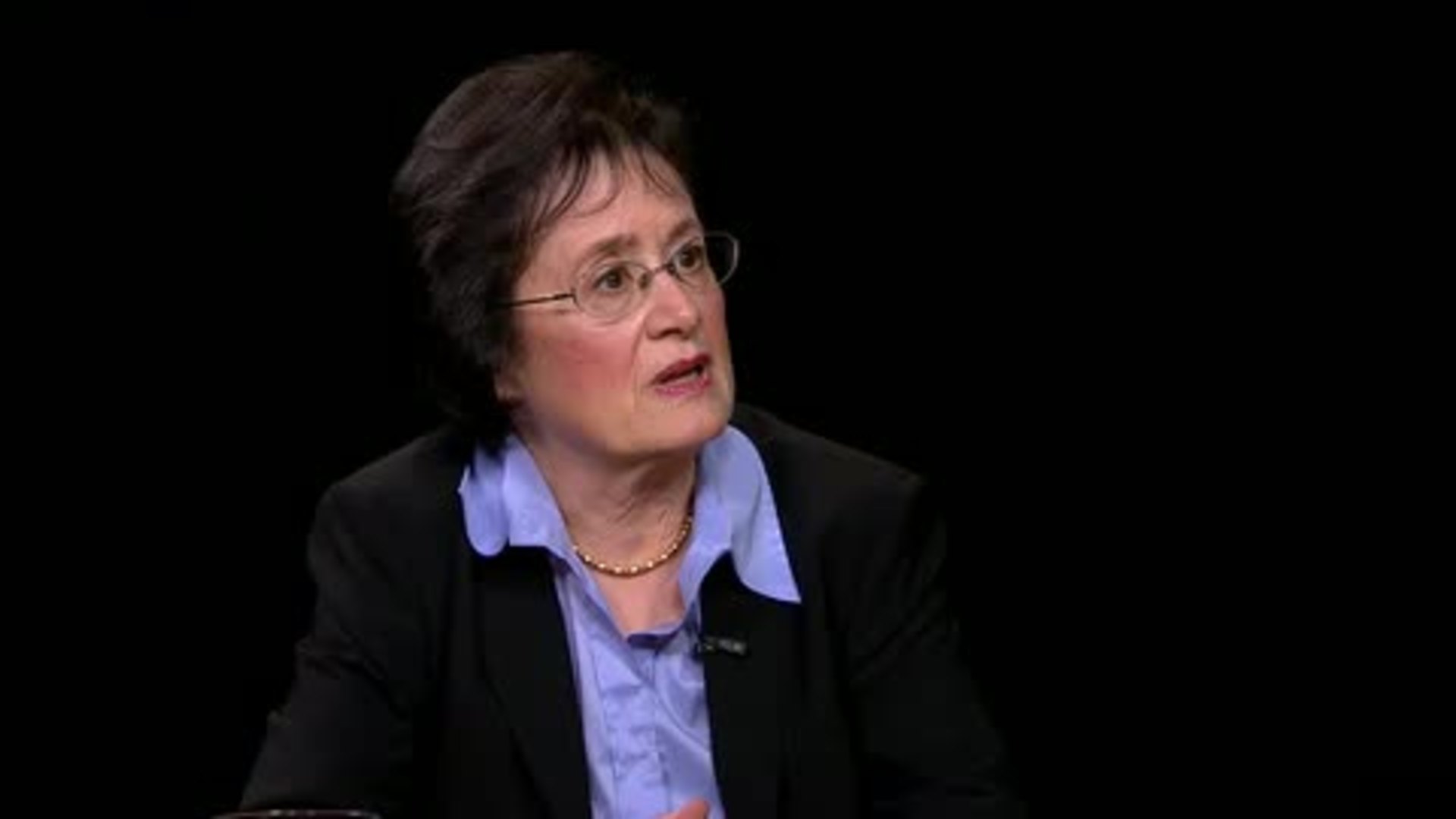Barbara Simons is a Ph.D. in computer science, a pioneer at IBM, past president of the Association for Computer Machinery, and a frequent witness on all matters computational.
She risked all her hard-earned credibility when she began loudly warning that the voting process should not involve computers.
She was denounced as a Luddite, an over-the-hill throwback to primitive thinking. At a League of Women Voters convention, the moderator actually tried to yank a microphone out of Simons’ hand when she was spelling out the reasons computers endanger the voting process.
Politicians and her fellow academics didn’t return the “crazy woman’s” calls.
Still, she persisted.
“The technical community has a responsibility to inform policy makers of the limitations as well as the benefits of technology,” she insisted. No one knew those limitations better than Simons.
“The problem with cybersecurity is that you have to protect against everything,” Simons kept warning, “but your opponent only has to find one vulnerability. There’s no malware that can attack paper. We can solve this. We know how to do it.”
Nevertheless, the trend to computerized voting also persisted. Using federal grants, state after state bought and programmed computerized voting machines. Everyone seemed on board – election boards, political parties, candidates… But not Simons, the deeply concerned computer expert.
Then her predictions of the machines’ vulnerability to hacking began coming true. Bit by bit, then with the roar over Russian hacking of 2016 election counts, she’s been proven right: Computerized voting cannot be made safe.
Now the septuagenarian scientist is being hailed as a savior. California, and then other states, abandoned paperless voting—other states are following.
Simons is the board chair of Verified Voting, an organization determined to see that every state uses paper ballots and checks the computers that count them with rigorous post-election audits. More than half the states need to update equipment and almost all need better audits.
The commissioner of Virginia’s Department of Elections now says, “I think her passion to keep pushing the issue over time—to just continue—it’s had results. It really changed things.”
The League of Women Voters is among those who have changed their stance.
Simons, the “crazy-activist- turned-savior, says about the public officials who scoffed at her ideas, “They didn’t know what they were talking about and I did.”
More importantly, she says, “Let’s leave the bluster and insults behind, and build a reliable, accurate, and secure electoral system of which we can all be proud.”

